Real Estate Sector
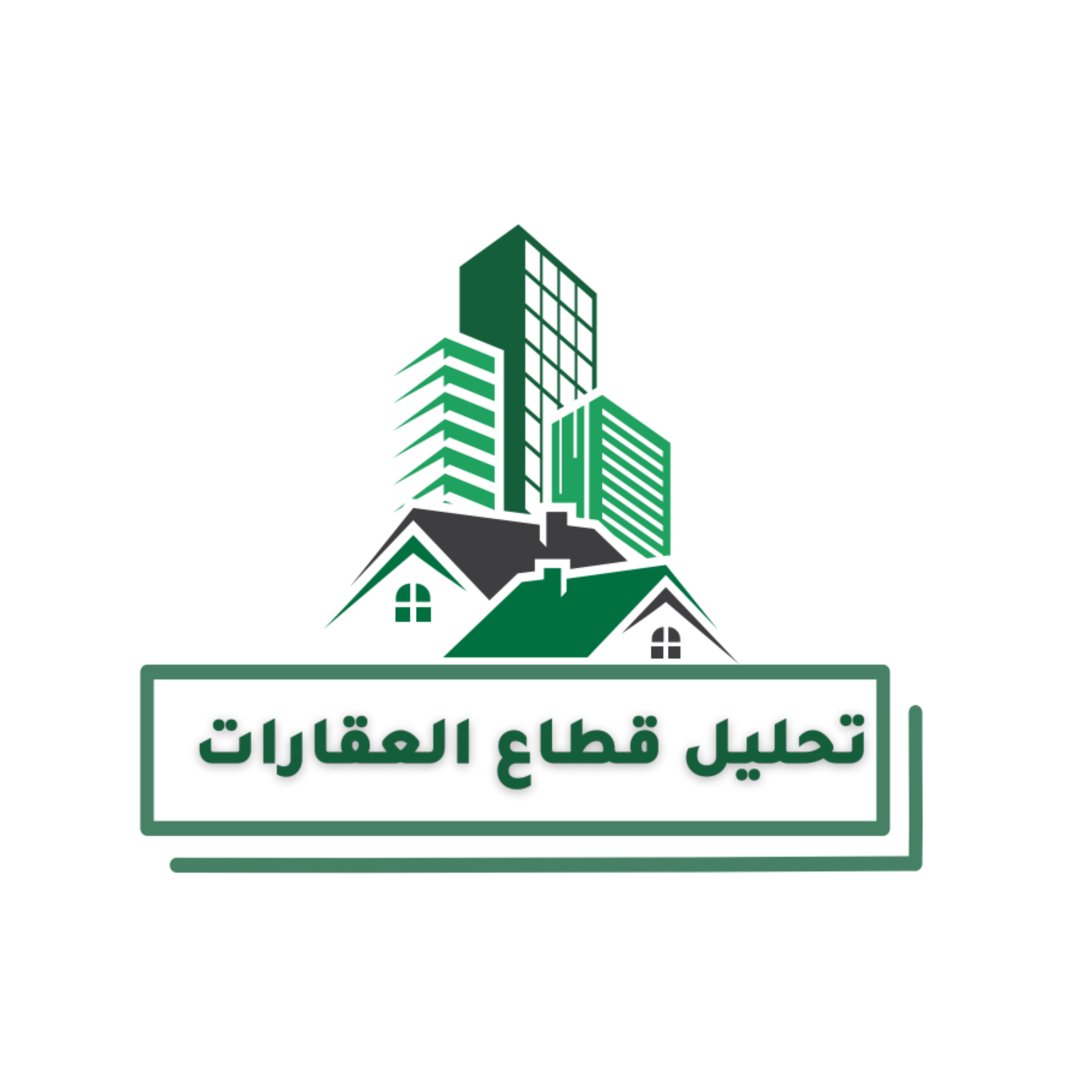
The real estate sector in Saudi Arabia is one of the cornerstones of the national economy, witnessing continuous development driven by the Kingdom's Vision 2030, which aims to boost investments and achieve sustainable growth. With expanding cities and rising demand for housing and infrastructure, attention is turning to analyzing this sector to understand the factors influencing it.
The real estate sector in the Kingdom of Saudi Arabia is a key pillar of the national economy, contributing 5.9% to the GDP and 12.1% to non-oil activities, according to statistics for the fourth quarter of 2023.
The Saudi real estate market has witnessed remarkable growth in recent years. In 2024, the market size was estimated at approximately $69.51 billion and is expected to reach $101.62 billion by 2029, at a compound annual growth rate (CAGR) of 8%.
Residential sector: Sales prices in Riyadh and Jeddah increased by 10% and 5%, respectively, in the first half of 2024.
Real estate financing: Loans provided to individuals reached SAR 639.52 billion by the end of the second quarter of 2024, compared to SAR 625.24 billion in the first quarter.
What are the most important factors affecting the sector?
Population Growth: The Kingdom's population exceeds 35 million, increasing demand for housing units.
Government Legislation: The Kingdom has issued 18 pieces of legislation to regulate and develop the real estate sector, with the aim of enhancing transparency and attracting investment.
What is the importance and objectives of the sector?
The real estate sector aims to meet the population's growing need for residential and commercial units and increase home ownership to 70% by 2030. It also seeks to support sustainable development and provide an attractive investment environment.
Key Competitors in the Sector:
The Saudi market includes several leading real estate development companies, including:
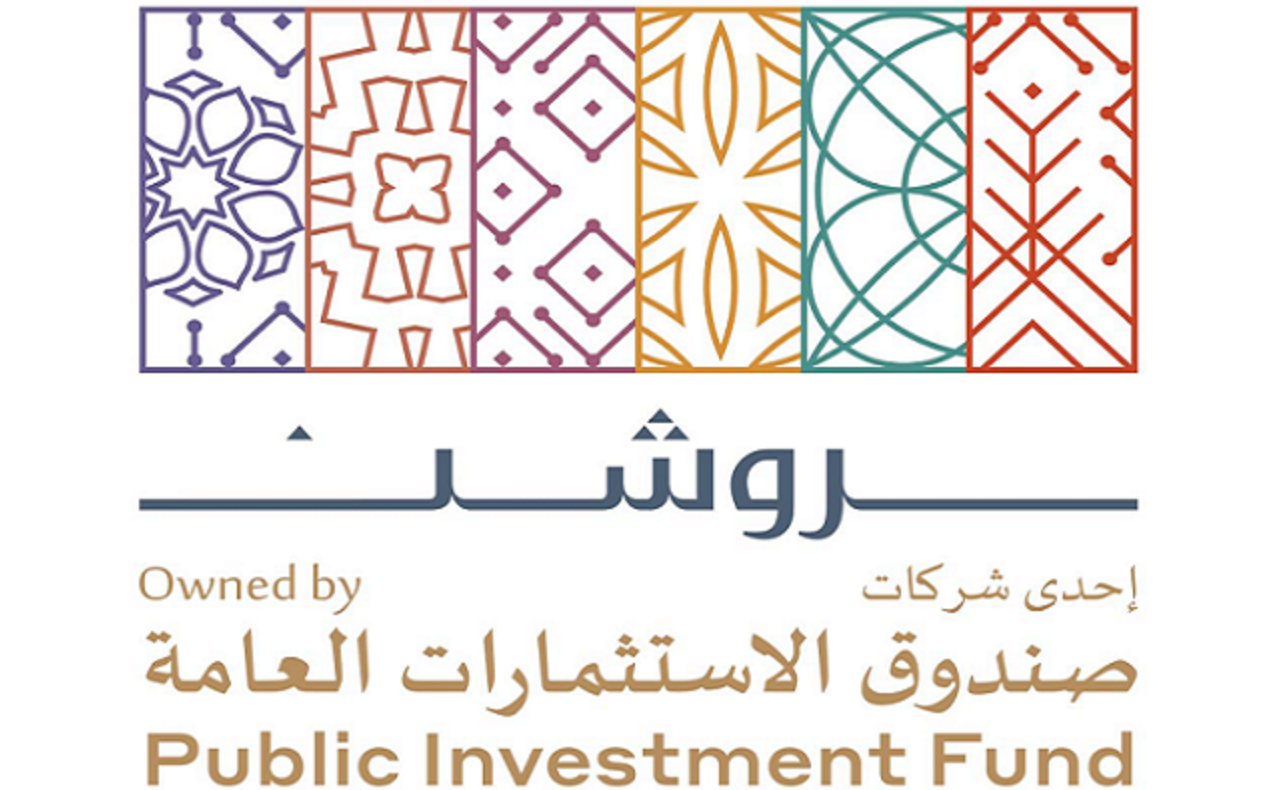
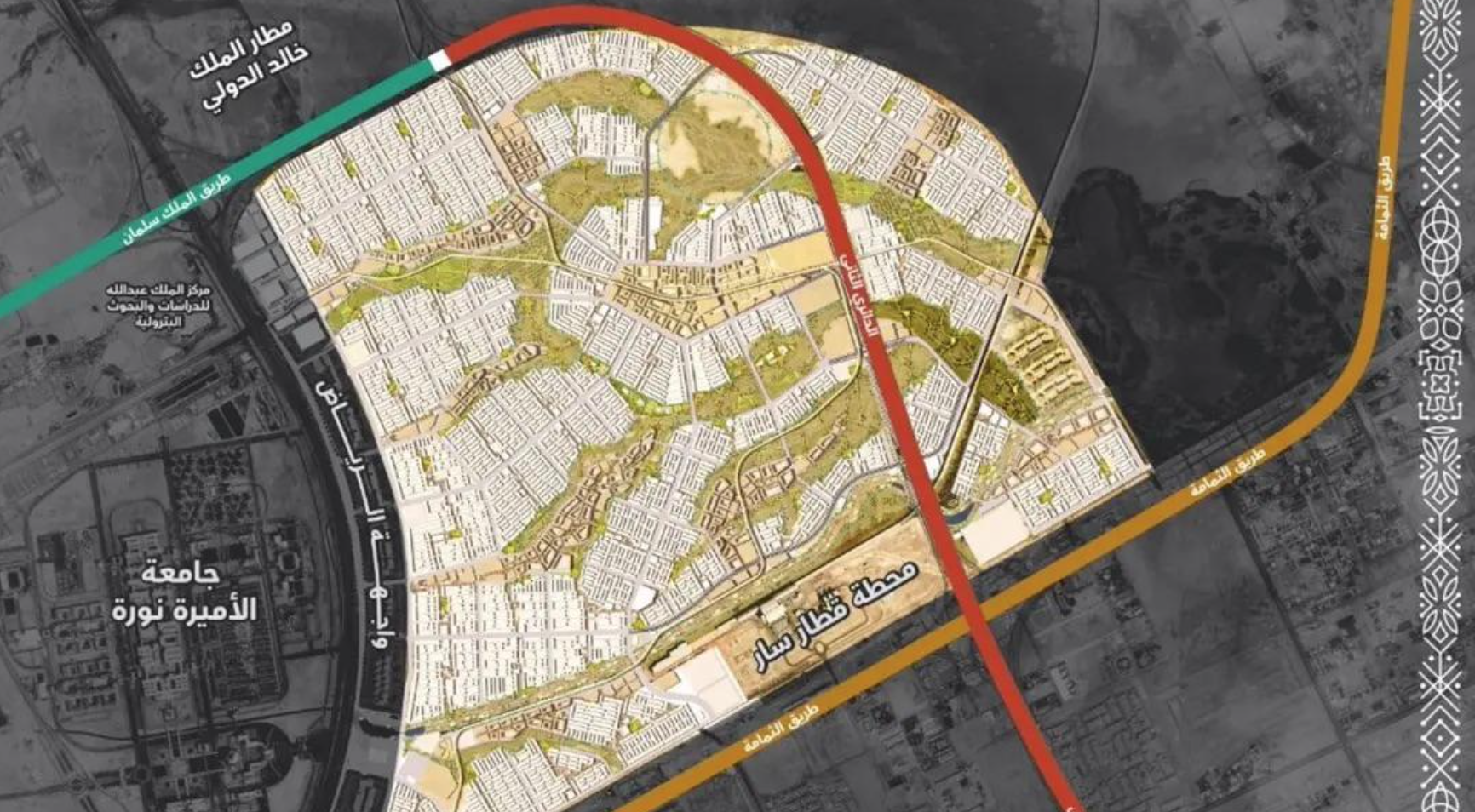
1. Roshen Real Estate Company Roshen is a real estate development company wholly owned by the Saudi Public Investment Fund. It was established to support the goals of Saudi Vision 2030, which aim to increase the percentage of home ownership and improve the quality of life.
Key Projects:
Works to develop integrated residential communities across the Kingdom, featuring modern designs and advanced facilities.
One of its most prominent projects is the Roshn District in Riyadh, its first project, which includes thousands of residential units with green spaces and integrated facilities.
Its Role in the Market:
Focuses on affordable housing and providing high-quality residential units.
It aims to develop more than 400,000 residential units by 2030.
2. Dar Al Arkan Real Estate Development Company
One of the largest real estate development companies in the Kingdom, founded in 1994, it has a proven track record of implementing luxury residential and commercial projects.

Key Projects:
Shams Riyadh Project: An integrated residential complex in the Saudi capital.
Shams Al Arous Project in Jeddah: A residential development featuring villas and apartments with the latest designs.
Global Expansion: It has entered international markets such as Dubai and Bosnia through high-end real estate projects.
Its Role in the Market:
It is distinguished by its focus on luxury real estate and long-term investments.
It is considered a pioneer in the use of modern construction technologies, such as 3D printing.
3. Emaar, The Economic City
A Saudi company listed on the stock market, Emaar, The Economic City, is overseeing the development of King Abdullah Economic City (KAEC), one of the largest private economic cities in the region.
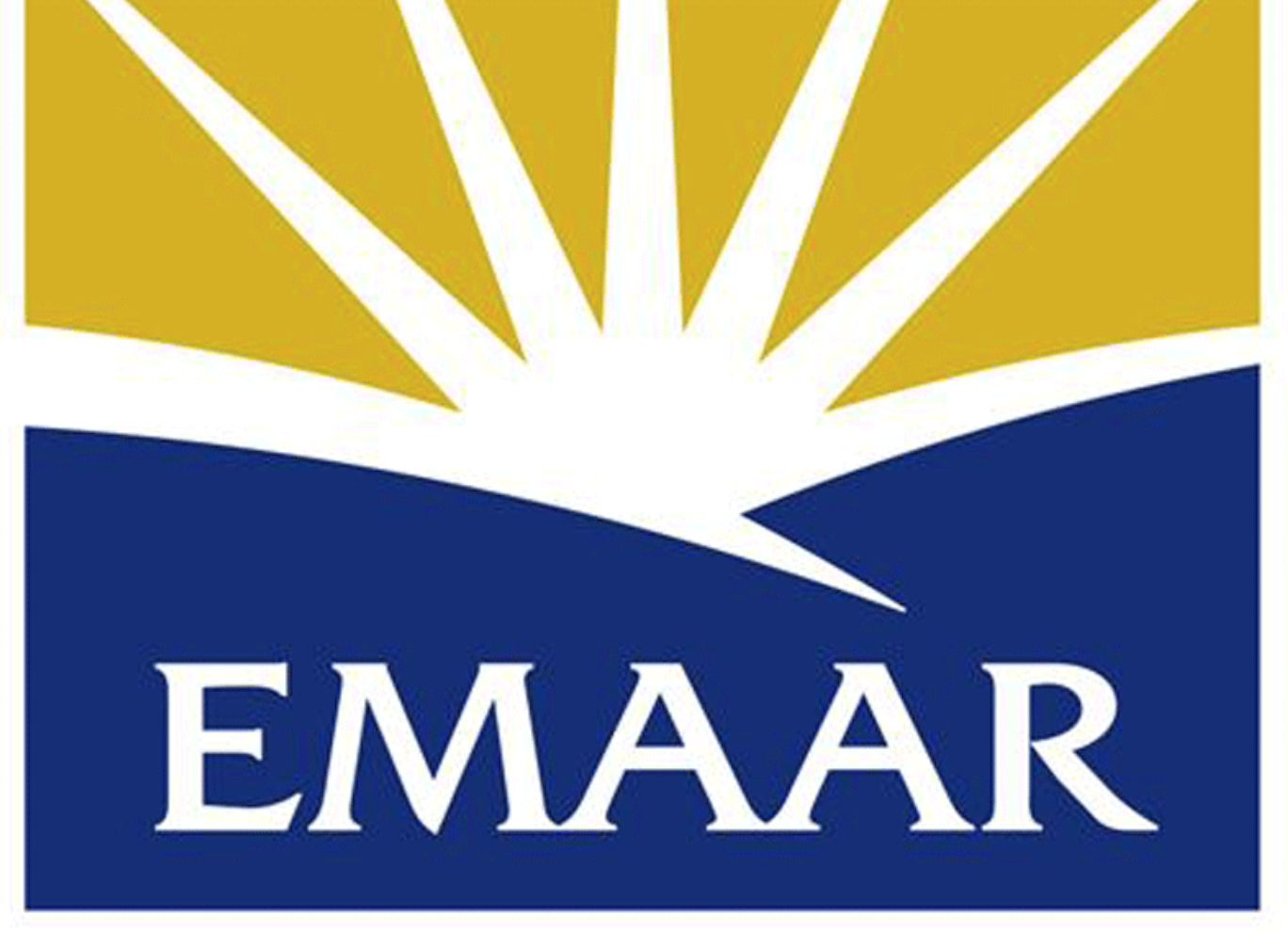
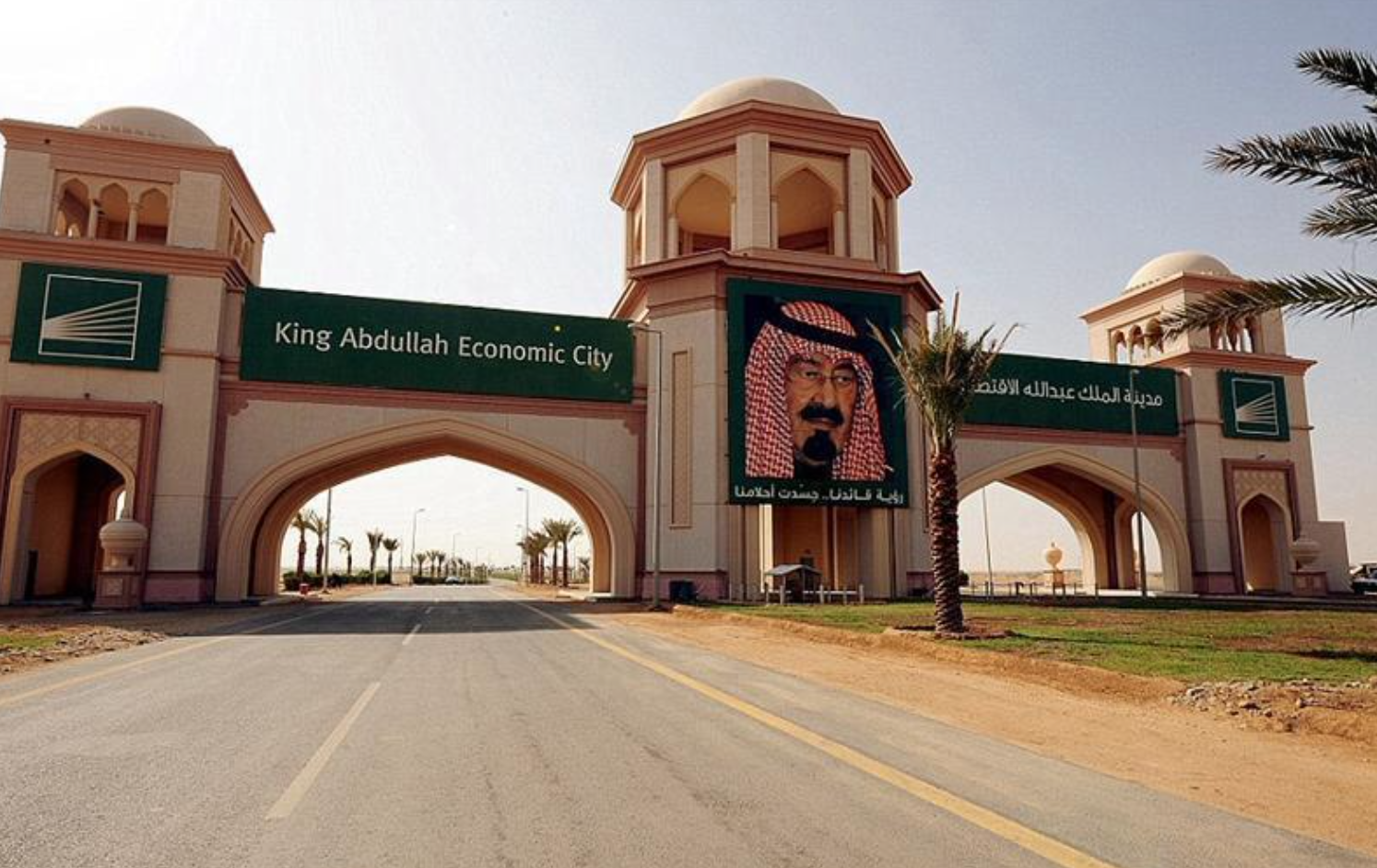
Key Projects:
King Abdullah Economic City: A mega project comprising a port, industrial zones, residential neighborhoods, and entertainment areas.
Al Murooj and Bay La Sun Districts: Integrated residential communities within the city.
King Abdullah Port: One of the largest ports in the Middle East, promoting trade and logistics investments.
Market Role:
Focused on developing an environment attractive to local and international investments.
Contributes to the diversification of the Saudi economy through non-oil industries, such as tourism and logistics.
In addition, companies such as Dar Al Arkan and Emaar, The Economic City, are contributing to the development of major residential and commercial projects across the Kingdom.
Thanks to these efforts and initiatives, the real estate sector in Saudi Arabia is expected to continue to grow and flourish, contributing to achieving sustainable development goals and strengthening the national economy.
By:
Noura Bin Jadeed
Aryam